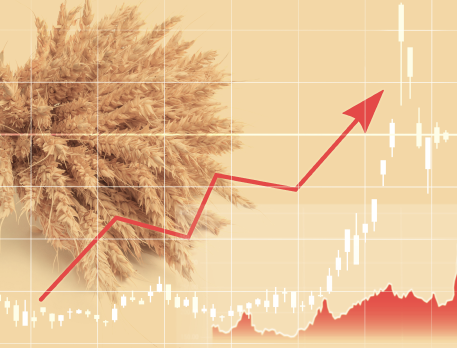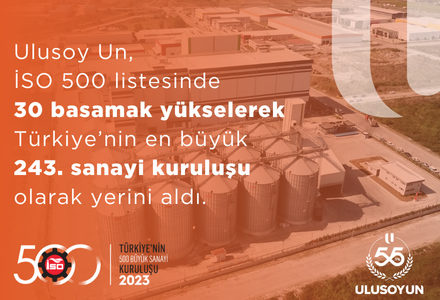- Announcements
- Sustainibility
-
- Board Members
- Committees
- Audit Committee
- Early Detection of Risk Committee Regulation
- Corporate Governance Committee
- General Assembly
- Our Company's Policies
- Risk Management
- Corporate Governance Compliance Report
- Sustainability Report
- Ethical Values
- List of Those Who Have Access to Insider Information
- The Main Word. Av.Structure and Trade. Record
- Privileges
- Independent Auditor Information
- Contact
- EN





























